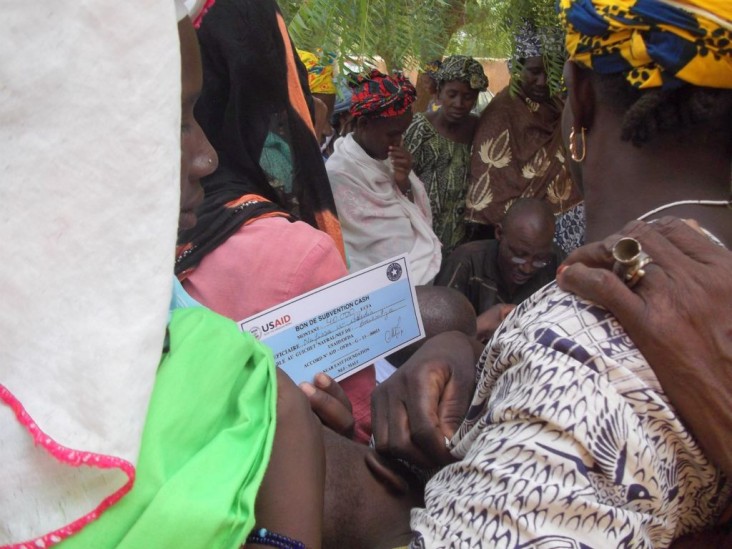- What We Do
- Agriculture and Food Security
- Democracy, Human Rights and Governance
- Economic Growth and Trade
- Education
- Environment and Global Climate Change
- Gender Equality and Women's Empowerment
- Global Health
- Humanitarian Assistance
- Transformation at USAID
- Water and Sanitation
- Working in Crises and Conflict
- U.S. Global Development Lab
Speeches Shim

Latest Mali Fact Sheet
09-30-2020 - Mali Complex Emergency Fact Sheet_2 ![]() (pdf - 418k)
(pdf - 418k)
view text version [pdf, 418kb]
09-30-2020-Mali_ProgramMap ![]() (pdf - 2 MB)
(pdf - 2 MB)
Key Developments
Humanitarian organizations continue to provide life-saving assistance to disaster-affected populations in Mali amid ongoing conflict and insecurity, increasing coronavirus disease (COVID-19) transmission, and recent political transitions.
As of mid-September, floods have negatively affected approximately 139,000 people across the West Africa region, including an estimated 26,000 people in Mali.
Background
Since 2012, conflict in northern Mali has resulted in displacement, violence, and food insecurity. Improvements in the availability of food and basic services and security conditions in some parts of the country resulted in the return of approximately 60,200 displaced people to areas of origin; however, the UN reported that approximately 55,400 people remained internally displaced, while 141,000 Malians had fled to neighboring countries as of July 2017. Prolonged displacement, disrupted trade flows, and constrained humanitarian access continued to increase vulnerabilities among affected families, according to the UN.
On October 13, 2016, U.S. Ambassador Paul A. Folsmbee reissued a disaster declaration due to the ongoing complex emergency in Mali. In response, USAID supported food-insecure and vulnerable internally displaced persons and host community members through projects that aimed to reactivate agricultural production, restore food security, and revitalize livelihood activities. In addition, USAID improved access to emergency health care, protection services, safe drinking water, and sanitation infrastructure. USAID also funded technical support and data collection on internally displaced persons, returnees, and host communities to ensure effective, appropriate assistance.

Comment
Make a general inquiry or suggest an improvement.